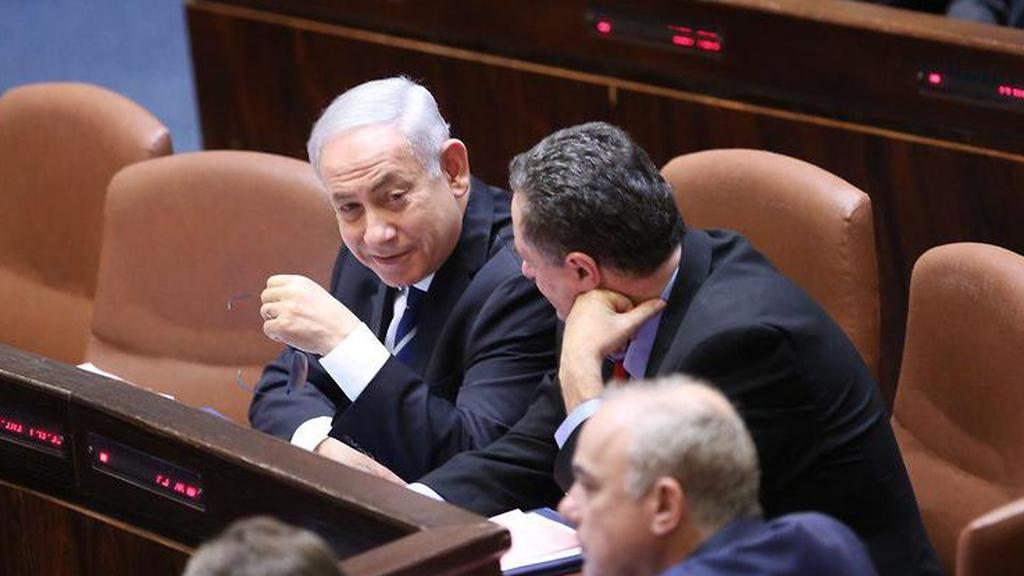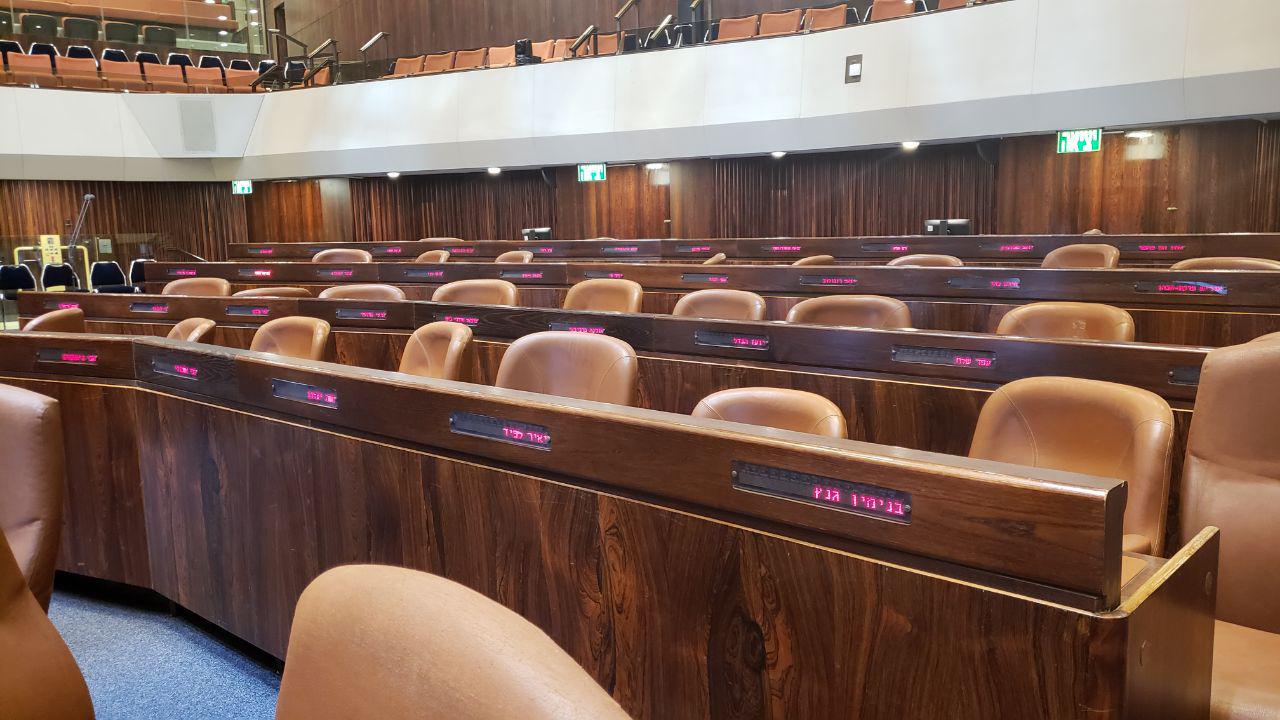Knesset members voted to raise their monthly salary by 2.8% starting January, despite more than a year of parliamentary inaction due to the political turmoil engulfing Israel.
A lawmaker's monthly pay was increased by NIS 1,232 ($354) per month to NIS 45,251 ($12,992), while ministers see their wages increased to NIS 50,623 ($14,535$) per month. The average national salary is approximately NIS 11,000, roughly one quarter of what lawmakers earn.
2 View gallery


Netanyahu in Knesset last month as it votes to hold a third round of elections in March
(Photo: Alex Kolomoisky)
President Reuven Rivlin will also see an increase in his salary, receiving NIS 64,616 ($18,552) a month, while Prime Minister Benjamin Netanyahu - who is currently seeking permission to solicit donations for his legal expenses - will see his monthly income grow to NIS 56,295 ($16,163).
Only 15 MKs asked to be excluded from the pay rise, including Yisrael Beytenu Leader Avigdor Liberman, Likud lawmaker Ofir Katz and Labor leader Amir Peretz.
Just five MKs from Blue & White declined the increase, despite the party's previous announcement that all of its lawmakers would refuse to receive the pay rise.
All 120 members of Knesset went on hiatus in December 2018 due to the April 2019 elections. Parliament was active for a mere total of two and a half months in 2019, due to Israel's major parties inability to form a government, the two national elections and the upcoming third ballot in March.
The 23rd Knesset is supposed to be inaugurated on March 16, two weeks after the elections. Members of Knesset go on recess for Passover soon after, returning in mid-May - all while receiving their monthly salary.
If a government is indeed formed after the March 2 elections, Knesset will be resuming work after a year and a half of inactivity during which MKs also received their monthly salary.
According to the National Insurance Institute, there are approximately 2 million Israelis living in poverty, including 800,000 children, while the stipend given to the elderly stands at NIS 1,554 ($446) a month.


